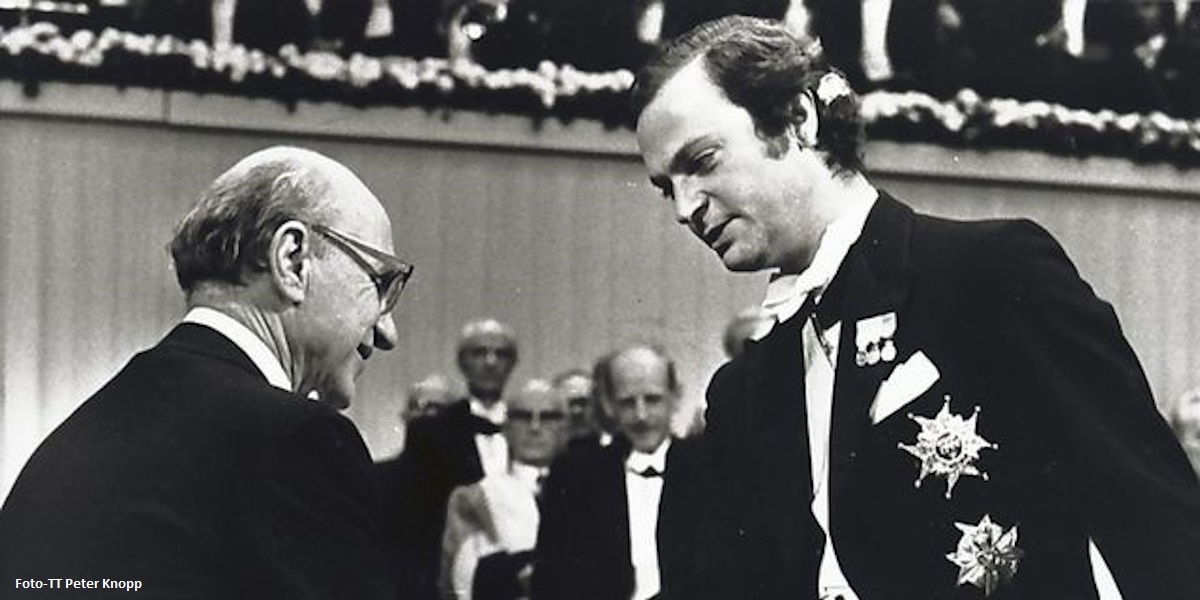Orsi Husz, David Larsson Heidenblad
Associated researchers: Elin Åström Rudberg (postdoc), Charlotte Nilsson (postdoc)
This theme examines how the market turn played out in mundane settings by focusing on everyday financial culture. In the neoliberal imaginary, financial markets rather than the state are regarded as crucial to securing the future welfare of individuals. Credit, saving, investment and debt, the theme suggests, have become crucial meeting points between welfare state arrangements and neoliberal practices and key sites for investigating projections of the consumer (debtor, saver, investor) as social agent and citizen. Our main topics are the popularization of stock saving and the domestication of consumer credit, but we are also interested in the broader dissemination of entrepreneurship ideals as well as in the endeavours by different market and non-market actors to raise the level of “financial literacy” in society.
The theme has a theoretical ambition to develop concepts and methods for the study of everyday engagements with the market. We aim to identify the seemingly banal micro-infrastructures that made new financial practices possible, such as credit cards or mutual funds. Furthermore, we look at the knowledge associated with personal finances from the double perspective of learning and unlearning. The latter is especially important to highlight, as we assert that people actually had to unlearn deeply rooted understandings of thrift, saving and sound economic practices in general. Finally, we are interested in the moral boundary work that took place when ordinary men and women entered the world of financial markets. We will highlight how unlikely agents of financial marketisation, for example the consumer cooperative movement or the saving banks, worked actively to make financial practices such as borrowing and investing socially and ideologically acceptable and how this resulted in changing views and practices.
